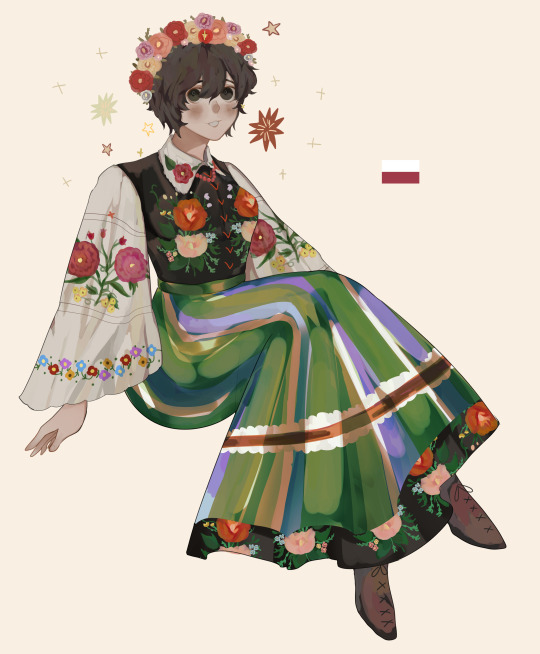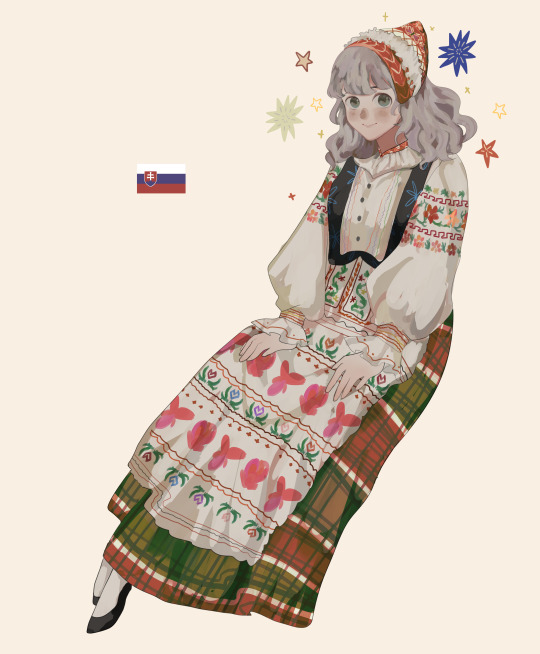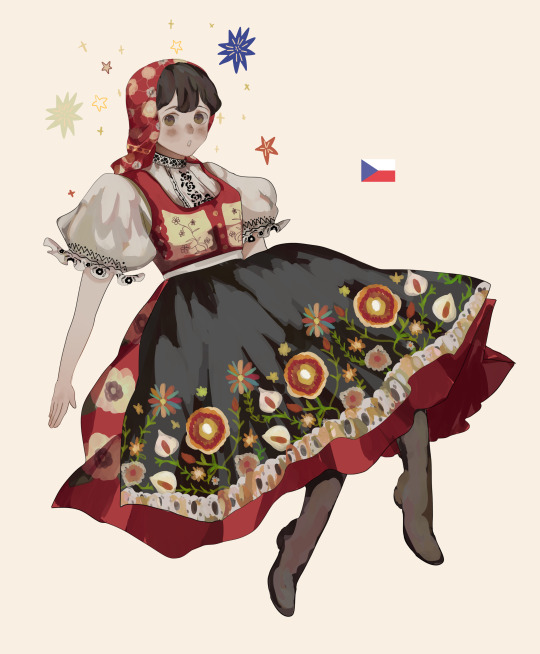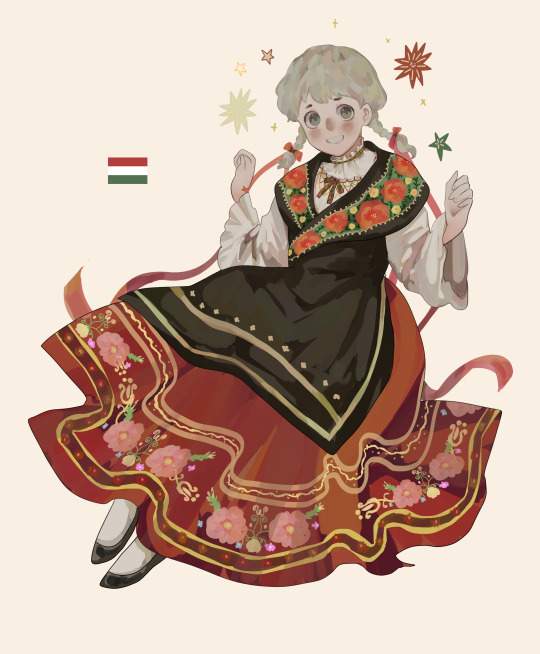#Polska
Explore tagged Tumblr posts
Text

POLISH HATSUNE MIKU?! 🇵🇱🦅🔥
#poland#polska#illustration#digital art#anime art#hatsune miku#vocaloid#miku#art trend#artists on tumblr#traditional clothes#slavic#slavic culture
7K notes
·
View notes
Text

hARI pOTA...
245 notes
·
View notes
Text

Ukryta lokacja w Disco Elysium.
#polska#poland#warszawa#disco elysium#disco elysco#polblr#polishwave#polishcore#sovietcore#sovietwave
4K notes
·
View notes
Text
Translation:
Due To The Birth Of A Child The Garage Is Closed Until August 10th.
DO NOT CALL !!!
DO NOT NEG !!!
CLOSED MEANS :
CLOSED !!!!
If You Don't Understand The Above Paper Regarding The Closing Of The Garage, It Means That :
I Don't Give A Shit About Your Cars, Transmissions, Air Conditioning and Radiators !!!!!!

332 notes
·
View notes
Text




I love drawing European folk dress so much even though I am Thai ♥
#my art#polish#poland#polska#traditional clothing#folkdress#folk clothing#stroje ludowe#slovakia#slovak#hungarian#hungary#folk costume#slavic#art#digital art#artwork#Illustration#folklore#european#european culture#czech#digital painting#czechia
4K notes
·
View notes
Text

Krakow, Poland (by Tetiana)
7K notes
·
View notes
Text

you've probably seen a lot of folk polish mikus but have you ever seen a patus miku?
#art#artwork#drawing#illustration#art commission#art style#artists on tumblr#commisionwork#commission#small artist#queer artist#hatsune miku#vocaloid miku#miku#miku fanart#mikuhatsune#miku hatsune#vocaloid fanart#vocaloid#vocaloid art#poland#polska
14K notes
·
View notes
Text

Racist character of today:
Wilbur Soot from "DreamSMP"
78 notes
·
View notes
Text

Puppy faggot :3
57 notes
·
View notes
Text

ostrzytko/oszczytko (Wielkopolska) propaganda: ew
strugaczka (świętokrzyskie): STRUGACZKA STRUGA OŁÓWKI A TEMPERÓWKA TEMPI
#regionalizmy runda 1#polska#radom#poznań#świętokrzyskie#wielkopolska#“temperówka tempi” ta? to zajebiście
94 notes
·
View notes
Text
A Lancer of the 11th Polish Uhlans

#history#military art#military#1800s#napoleonic era#napoleonic wars#possibly napoleonic#might be from the Polish uprising#cavalry#napoleon#polish uniform#Polska
30 notes
·
View notes
Text

Nieruchomości tak drogie, że aż wzywasz imię Pana Boga (nadaremno).
92 notes
·
View notes
Text

Gdańsk Stocznia
2K notes
·
View notes
Text

owczarek gdyński
1K notes
·
View notes
